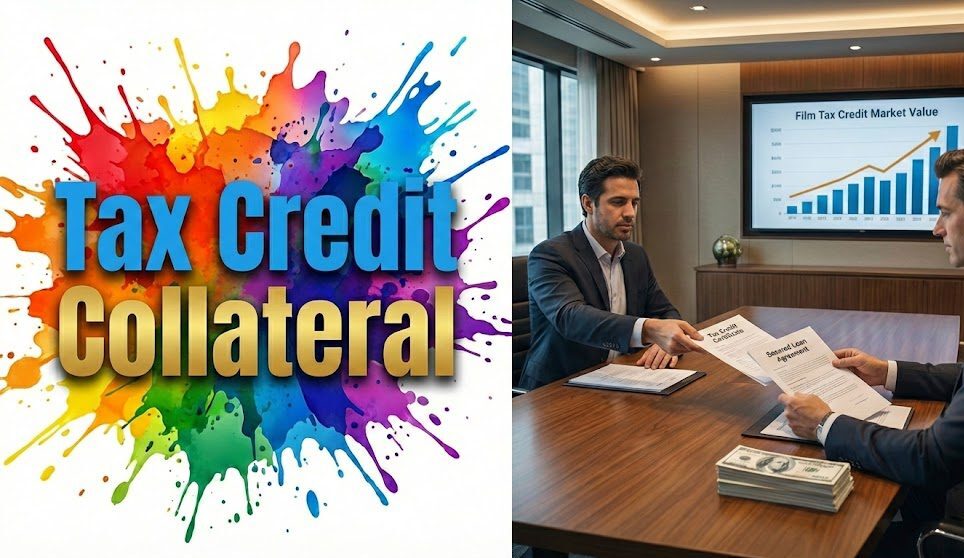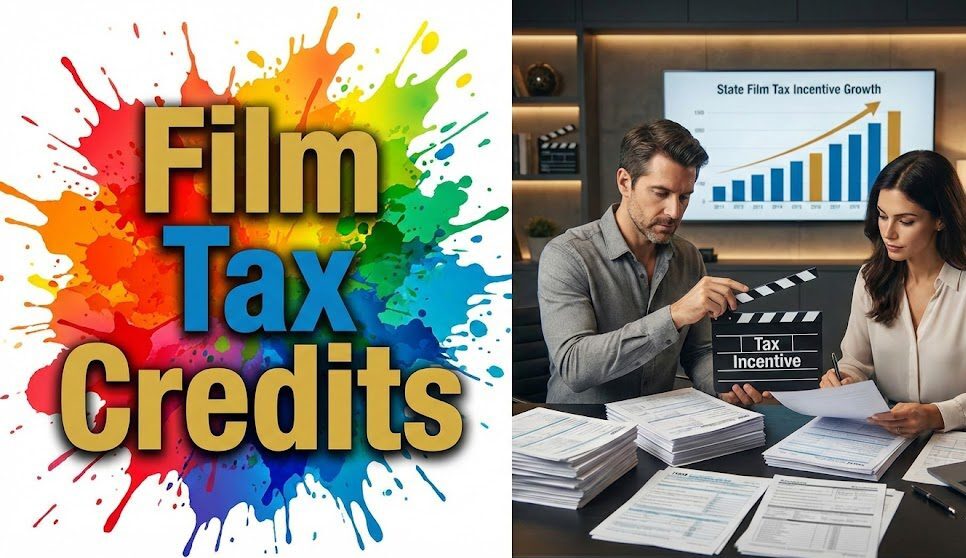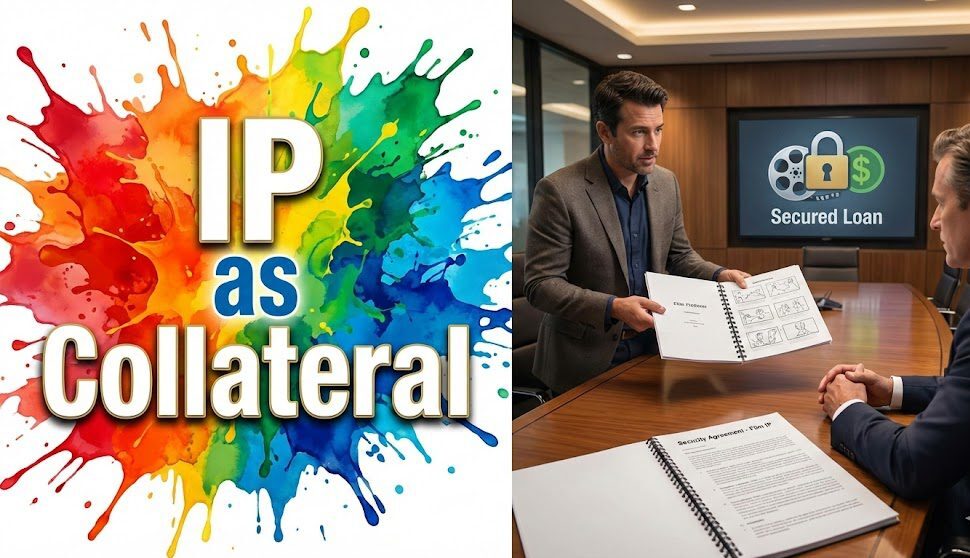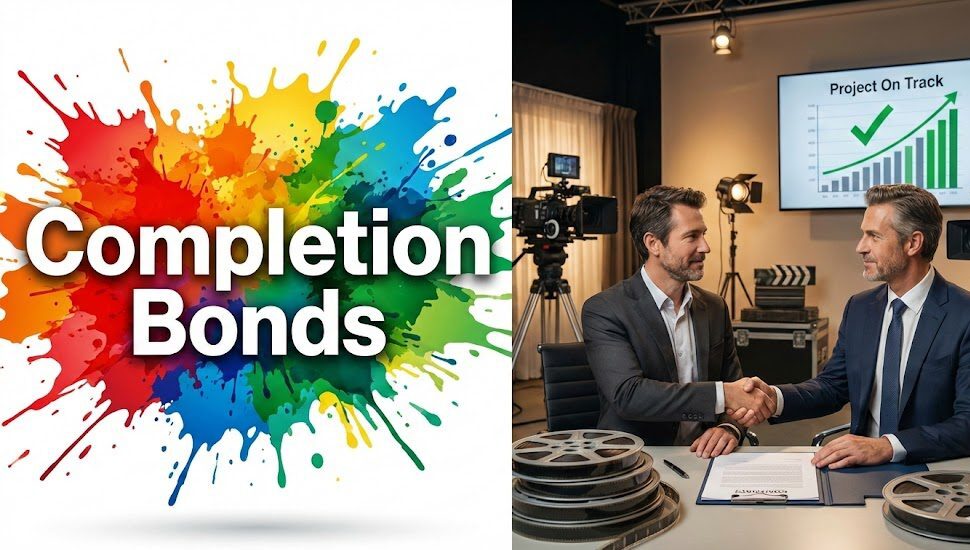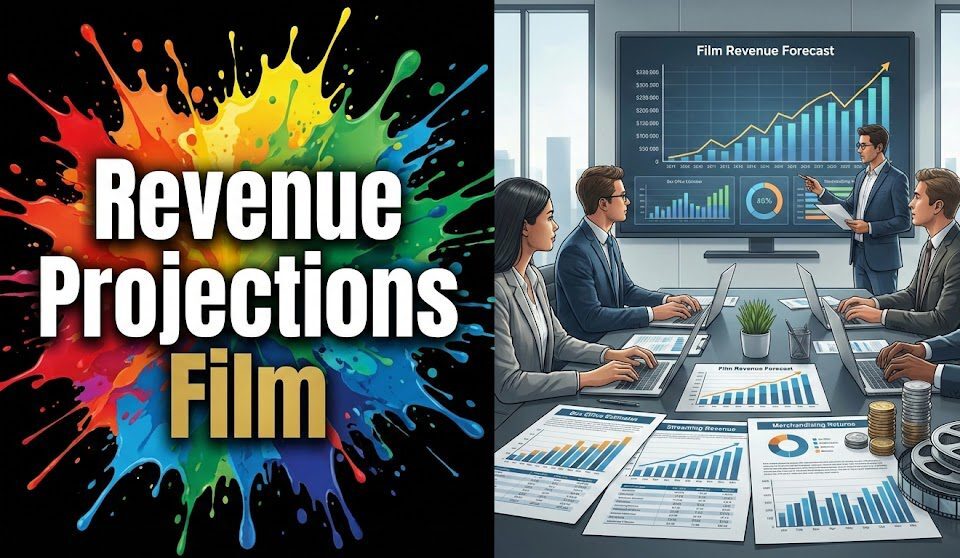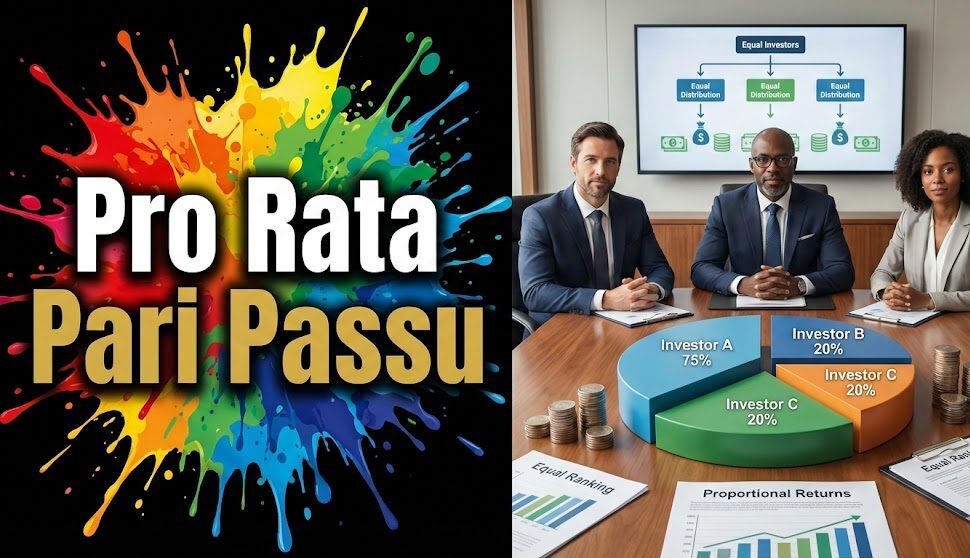Introduction
Imagine this: you’ve poured your heart and soul into crafting the perfect screenplay. You’ve envisioned breathtaking scenes, assembled a talented cast, and scouted stunning locations. But there’s one crucial element missing – the funding to bring your cinematic vision to life. Securing financial support for international film projects can feel like navigating a labyrinth of complexities, but fear not, aspiring filmmakers! This comprehensive guide will illuminate the intricate world of international film funding networks, empowering you to turn your cinematic dreams into reality.
The international film funding landscape is a dynamic and ever-evolving ecosystem, teeming with opportunities for those who know where to look. From government grants and private investments to co-production ventures and crowdfunding campaigns, a diverse array of funding sources awaits. This article will serve as your compass, guiding you through the maze of options and equipping you with the knowledge and strategies to secure the necessary financial backing for your film project.
Unlock Global Film Funding Opportunities

Types of International Film Funding
Government Grants: A Helping Hand from the Public Sector
Many countries recognize the cultural and economic significance of filmmaking and offer government grants to support film production. These grants can be instrumental in launching the careers of emerging filmmakers and fostering the creation of diverse and compelling cinematic works. Prominent international film funding organizations and programs include:
- Eurimages: This European Cinema Support Fund provides financial assistance to co-productions between member states, promoting cultural diversity and collaboration within the European film industry.
- CNC (Centre national du cinéma et de l’image animée): The French National Center for Cinema and the Moving Image offers various funding schemes for film production, distribution, and exhibition, both domestically and internationally.
- Creative Europe MEDIA: This European Union program supports the development, distribution, and promotion of European audiovisual works, fostering cross-border collaboration and cultural exchange.
Government grants often come with specific eligibility criteria, application processes, and requirements. It’s essential to research the relevant funding programs thoroughly and ensure your project aligns with their objectives and priorities.
Private Investment: Partnering with Visionary Investors
Private investment plays a crucial role in financing film projects, offering filmmakers access to capital from individuals, film funds, and venture capital firms. While securing private investment can be competitive, it offers the potential for greater creative control and financial returns. Successful films like “The King’s Speech” and “Moonlight” have benefited significantly from private investment, demonstrating the impact of visionary investors on bringing compelling stories to the screen.
Attracting private investors requires a compelling pitch package, a strong business plan, and a clear vision for your project. Building relationships with industry professionals and attending film markets can also increase your chances of securing private funding.
Co-productions: Joining Forces for Global Reach
Co-productions involve partnering with production companies from different countries, pooling resources and expertise to create films with international appeal. This collaborative approach offers numerous advantages, including access to diverse funding sources, tax incentives, and expanded distribution networks. Successful co-productions like “Parasite” and “Amour” have achieved critical acclaim and commercial success, showcasing the power of international collaboration in filmmaking.
Different types of co-productions exist, including treaty co-productions and bilateral co-productions, each with its own set of regulations and agreements. Understanding the legal and financial aspects of co-production agreements is crucial for navigating this collaborative landscape.
Crowdfunding: Harnessing the Power of the Crowd
Crowdfunding has emerged as a viable funding option for independent filmmakers, allowing them to raise capital from a large number of individuals through online platforms. This democratized approach to financing empowers filmmakers to connect directly with their audience and build a community around their projects. Successful crowdfunding campaigns for films like “Veronica Mars” and “The Babadook” have demonstrated the potential of this model to bring passionate stories to life.
Running a successful crowdfunding campaign requires a compelling pitch, engaging rewards for backers, and a strategic marketing plan. Platforms like Kickstarter and Indiegogo provide filmmakers with the tools and resources to connect with potential supporters and raise funds for their projects.
Strategies for Securing Funding
Developing a Strong Pitch Package: Your Film’s Calling Card
A compelling pitch package is essential for capturing the attention of potential investors and partners. It serves as your film’s calling card, conveying its essence and potential in a concise and engaging manner. A strong pitch package typically includes:
- Logline: A one-sentence summary that encapsulates the core conflict and intrigue of your film.
- Synopsis: A brief overview of the film’s plot, characters, and themes.
- Treatment: A more detailed narrative description of the film, expanding on the plot and characters.
- Director’s Statement: A personal statement from the director, outlining their vision and passion for the project.
- Budget: A detailed breakdown of the film’s estimated costs.
- Marketing Plan: A strategy for promoting and distributing the film.
Crafting a persuasive pitch that resonates with your target audience is crucial for securing funding. Highlight the unique aspects of your project, its potential for commercial success, and its artistic merit.
Targeting the Right Funding Sources: Finding Your Perfect Match
Not all funding sources are created equal. It’s crucial to research and identify funding opportunities that align with your project’s genre, budget, and target audience. Some funders specialize in specific types of films, such as documentaries, animation, or experimental films. Understanding their priorities and preferences will increase your chances of securing funding.
When approaching potential funders, tailor your pitch to their specific interests and demonstrate how your project aligns with their objectives. Building relationships with industry professionals and seeking guidance from experienced filmmakers can also help you navigate the funding landscape effectively.
Building Relationships with Industry Professionals: Networking Your Way to Success
Networking is an integral part of the filmmaking journey, especially when seeking funding. Building relationships with key industry players, such as producers, distributors, sales agents, and financiers, can open doors to opportunities and provide valuable support.
Attending industry events, film festivals, and markets provides opportunities to connect with potential collaborators and investors. Online platforms and social media can also facilitate networking and relationship building. Remember, building genuine connections takes time and effort, so focus on fostering meaningful relationships based on shared interests and mutual respect.
Attending Film Festivals and Markets: Showcasing Your Project on the World Stage
Film festivals and markets serve as vital platforms for showcasing your project to a global audience of industry professionals. These events provide opportunities to connect with potential investors, distributors, and sales agents, increasing your film’s visibility and distribution prospects.
Major international film festivals like Cannes, Berlin, Sundance, and Toronto attract filmmakers, producers, and financiers from around the world. Film markets, such as the American Film Market, European Film Market, and Hong Kong Filmart, offer dedicated spaces for buying and selling film rights.
Attending these events requires careful planning and preparation. Research the festivals and markets that align with your project’s genre and target audience. Craft a compelling pitch and prepare marketing materials to showcase your film effectively.
Maximize Your Film's Funding Potential

Key Resources and Organizations
International Film Festivals:
- Cannes Film Festival: The world’s most prestigious film festival, known for its glamorous red carpet and influential awards.
- Berlin International Film Festival: A major European film festival with a focus on arthouse cinema and emerging filmmakers.
- Sundance Film Festival: A renowned American film festival that champions independent cinema and documentaries.
- Toronto International Film Festival: A leading North American film festival with a diverse program of international and Canadian films.
- Venice Film Festival: The world’s oldest film festival, known for its historical significance and artistic excellence.
Film Markets:
- American Film Market (AFM): The largest film market in the world, held annually in Santa Monica, California.
- European Film Market (EFM): A major European film market held concurrently with the Berlin International Film Festival.
- Hong Kong Filmart: A leading Asian film market that showcases a wide range of films from the region.
Funding Agencies:
- Screen Australia: The Australian government agency responsible for supporting and promoting the Australian screen industry.
- Telefilm Canada: The Canadian government agency that finances and promotes the production of Canadian audiovisual content.
- BFI (British Film Institute): The UK’s lead organization for film, television, and the moving image.
- CNC (Centre national du cinéma et de l’image animée): The French National Center for Cinema and the Moving Image.
Online Platforms:
- FilmFreeway: A comprehensive platform for submitting films to festivals, competitions, and distributors.
- Cinando: A leading online platform for film professionals, offering networking opportunities, market intelligence, and film sales tools.
- Withoutabox: A platform for filmmakers to submit their films to festivals and manage their online presence.
Vitrina AI Para
Navigating the complexities of international film funding can be a time-consuming and challenging process. Vitrina.ai streamlines this journey by providing a centralized platform for filmmakers to connect with potential investors, co-production partners, and industry professionals. Our advanced search filters and personalized recommendations help filmmakers identify the most relevant funding opportunities for their projects, increasing their chances of success.
Conclusion
Securing funding for international film projects requires a strategic approach, unwavering perseverance, and a deep understanding of the funding landscape. By exploring the diverse array of funding sources, crafting a compelling pitch package, and building meaningful relationships with industry professionals, filmmakers can increase their chances of turning their cinematic visions into reality. Remember, the journey may be challenging, but the rewards of bringing your stories to the screen are immeasurable.
Frequently Asked Questions
Funding requirements vary depending on the type of film, its budget, and the funding source. Generally, documentaries require less funding than narrative features, and independent films often rely on a combination of funding sources.
International co-productions involve complex legal agreements between production companies from different countries. These agreements address issues such as intellectual property rights, financing obligations, and distribution rights.
Numerous online resources provide information about film funding opportunities. Film funding agencies, film festivals, and industry organizations often publish guides and directories of funding programs.

























